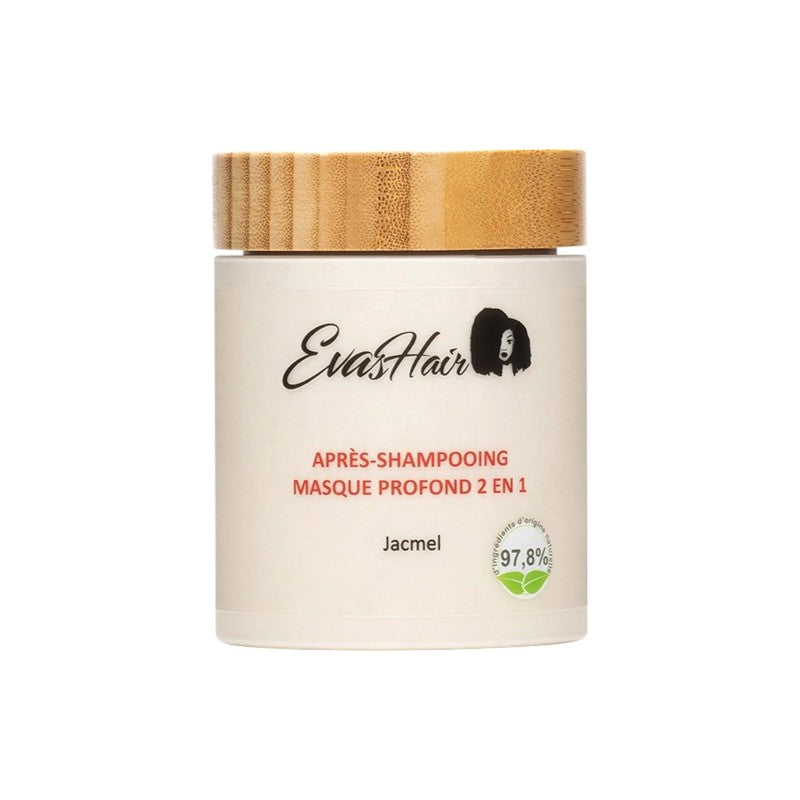Afro-textured hair is beautifully unique, y et, we often find ourselves asking the same questions:
Why does my hair seem to struggle to grow? Why does it break so easily?
The truth is that Afro hair does grow—just like any other hair type. However, because of its structure, it’s more prone to dryness and breakage, which can make it appear as though growth has stalled. Combine that with frequent manipulation—combing, styling, or even washing—and breakage or hair loss can occur at the same rate that new growth appears.
Causes of Hair Breakage in Afro Hair
Even with the best intentions, Afro hair can be prone to breakage due to its delicate, coiled nature. Common culprits include excessive dryness, heat styling, harsh chemicals, and improper detangling. Environmental stressors like dry air or harsh weather can also take a toll.
How to Prevent and Treat Hair Breakage:
Do:
✅Hydrate, hydrate, hydrate: Use shampoos and conditioners specifically formulated for curly and Afro hair.
✅Deep condition regularly: Strengthen your strands from within.
✅Be gentle when detangling: Use a wide-tooth comb and detangle only when the hair is wet and conditioned.
✅Protect your hair at night: Wrap it with a silk or satin scarf or sleep on a satin pillowcase.
✅Trim often: Regular trims prevent split ends from worsening.
Don’t:
❌Over-manipulating your hair with constant brushing or styling.
❌Using harsh chemicals without professional guidance.
❌Skipping trims—split ends can cause more breakage over time.

Causes of Alopecia in Afro Hair
Alopecia, or hair loss, can be particularly distressing when it leads to bald patches or thinning. Unfortunately, Afro hair is more susceptible to certain forms of alopecia due to its structure and common styling practices.
Common Causes
- Traction Alopecia: Caused by tight hairstyles—like braids, weaves, or ponytails—that place too much tension on the scalp.
- Chemical and Heat Damage: Overuse of relaxers, dyes, and heat tools weakens the follicles over time.
- Central Centrifugal Cicatricial Alopecia (CCCA): A condition more prevalent in people of African descent, involving inflammation and scarring that destroys follicles.
- Other Factors: Genetics, autoimmune conditions (like alopecia areata), hormonal changes, and poor scalp health can also contribute.
Prevention and Treatment
Early intervention makes a huge difference! Topical treatments such as minoxidil or corticosteroid creams may help, but it’s essential to seek professional advice for accurate diagnosis and care.
Do:
✅ Choose looser, protective hairstyles.
✅ Keep your scalp clean and moisturised with oils like coconut or jojoba.
✅ Use gentle, sulphate-free products.
Don’t:
❌ Wear tight braids or ponytails.
❌ Overuse chemical relaxers or heat styling tools.
❌ Ignore persistent itching, flaking, or hair thinning—seek help early.
Understanding and addressing the root causes of alopecia can help preserve your hair’s health and prevent long-term damage.

How to Encourage Healthy Hair Growth?
Healthy Afro hair starts with proper care and moisture retention. Look for products that truly nourish and protect your strands, such as those containing shea butter, coconut oil, castor oil, or aloe vera. These ingredients help to seal in moisture and strengthen the hair shaft.
Protein treatments can also play a vital role, helping to fortify weak spots and prevent snapping.
To establish a solid routine:
- Cleanse gently using sulphate-free shampoos or co-washes.
- Deep condition weekly to restore hydration and strength.
- Moisturise regularly with leave-in conditioners or creams tailored to Afro textures.
- Protect your hair with styles such as braids or twists, ensuring they’re not too tight.
- Trim regularly to stop split ends from travelling up the hair shaft.
Consistency and patience are key—over time, you’ll notice stronger, longer, and healthier Afro hair.






